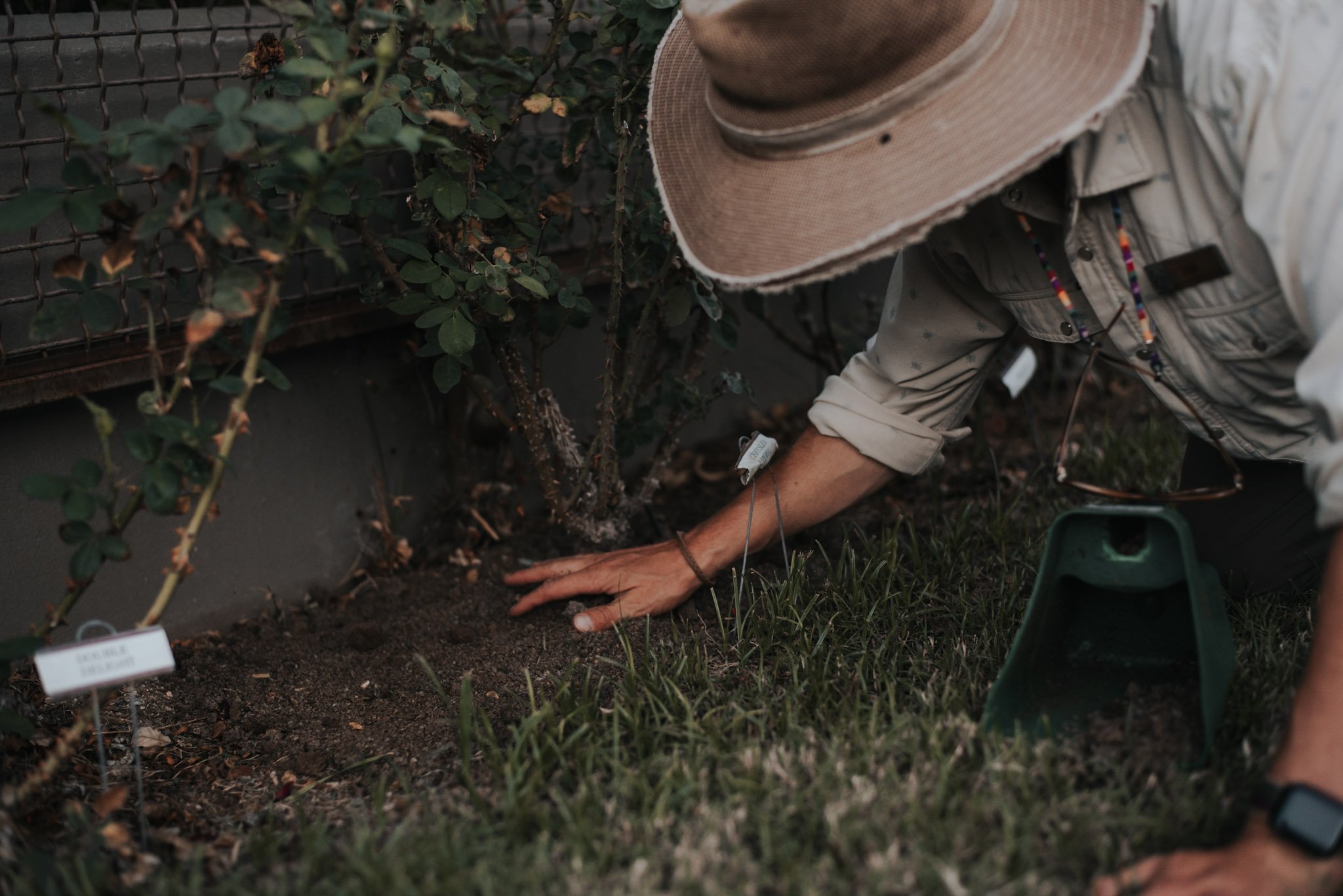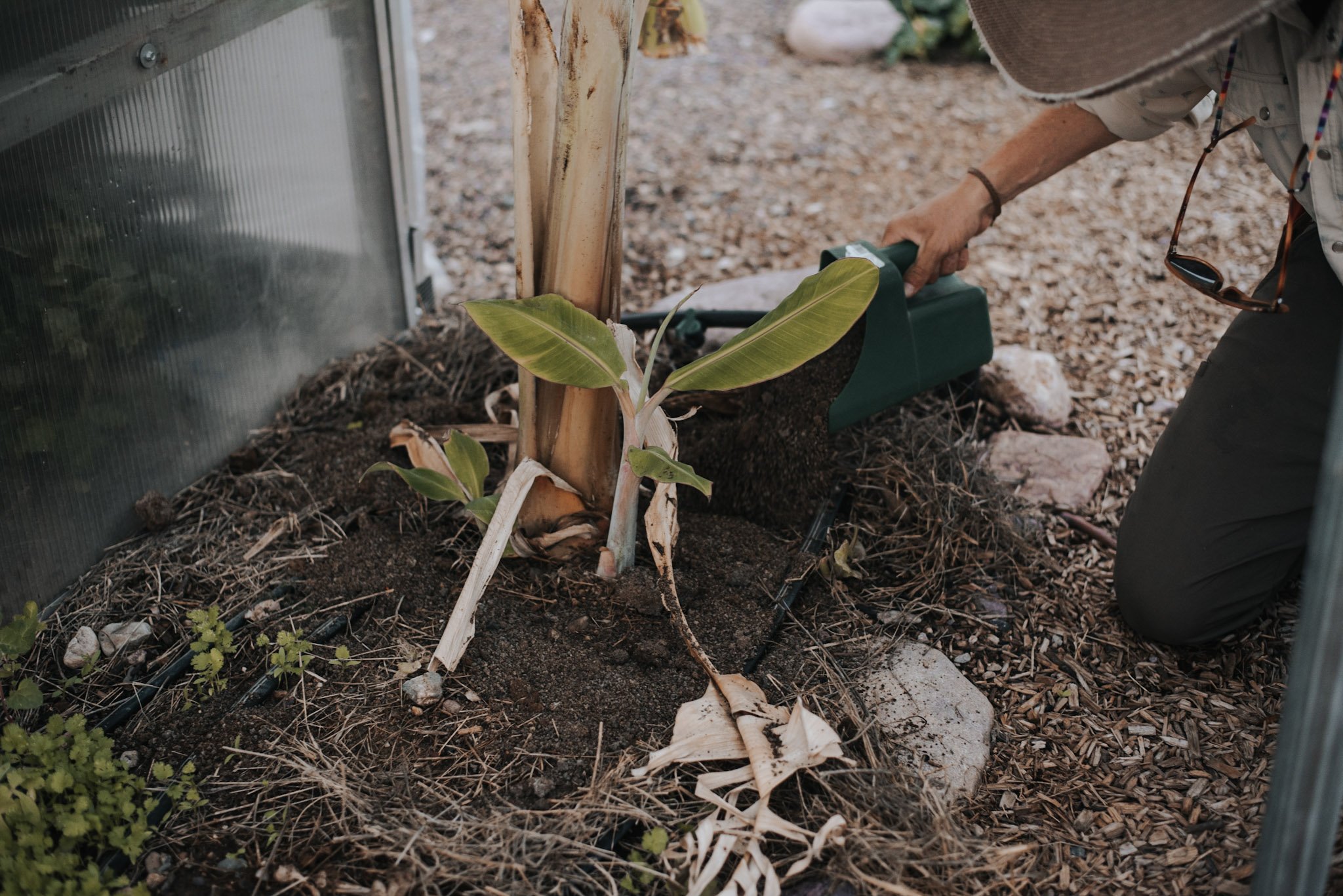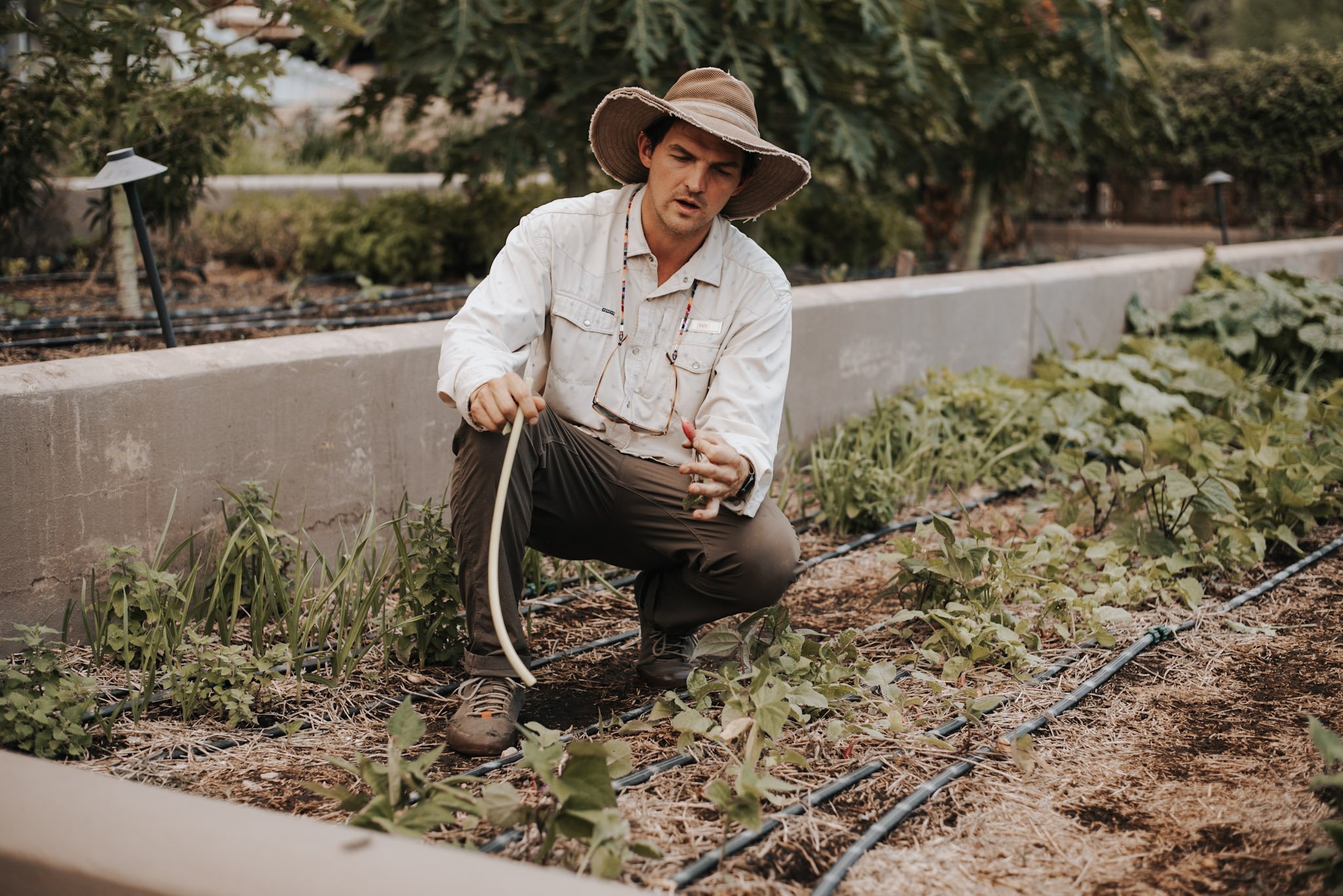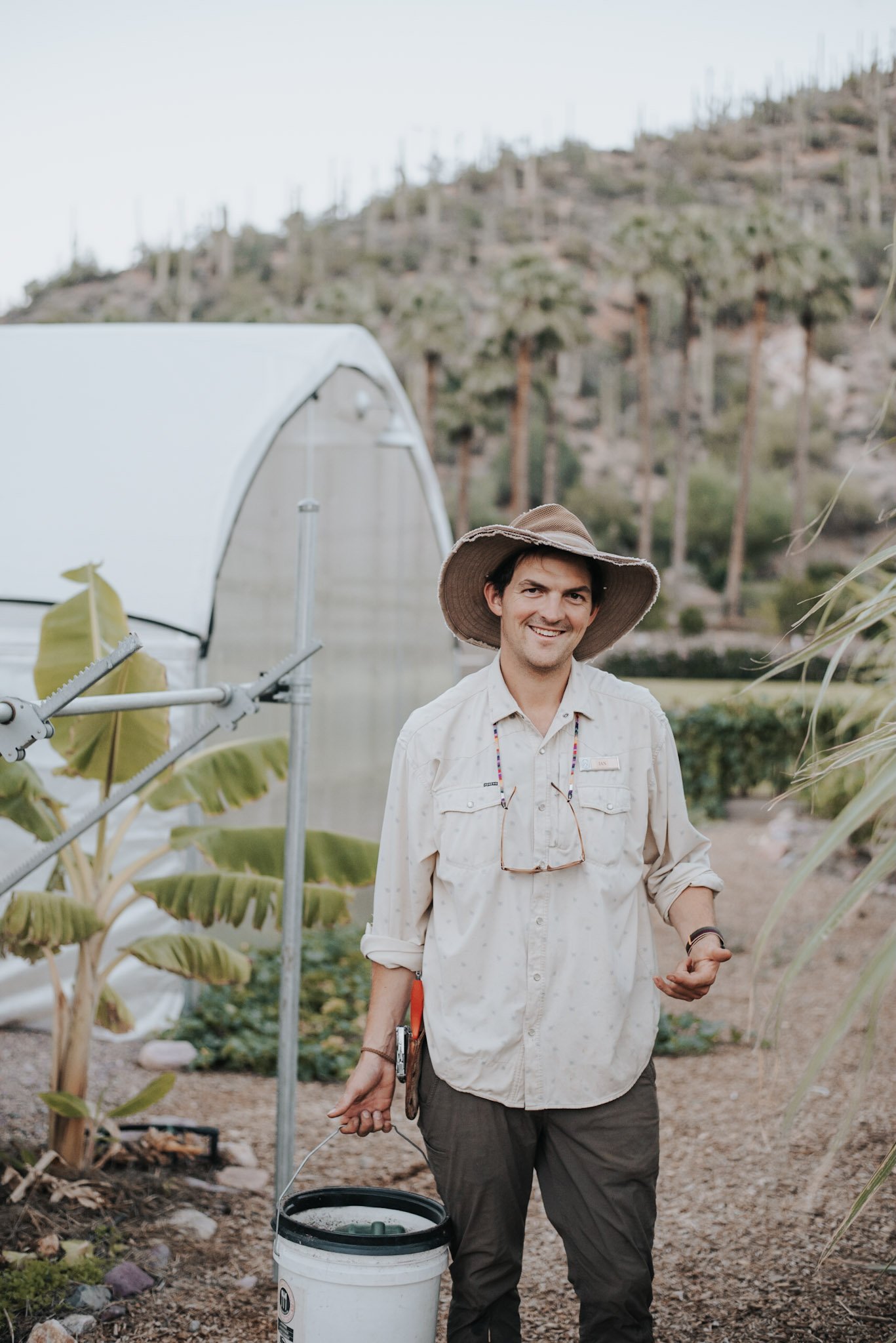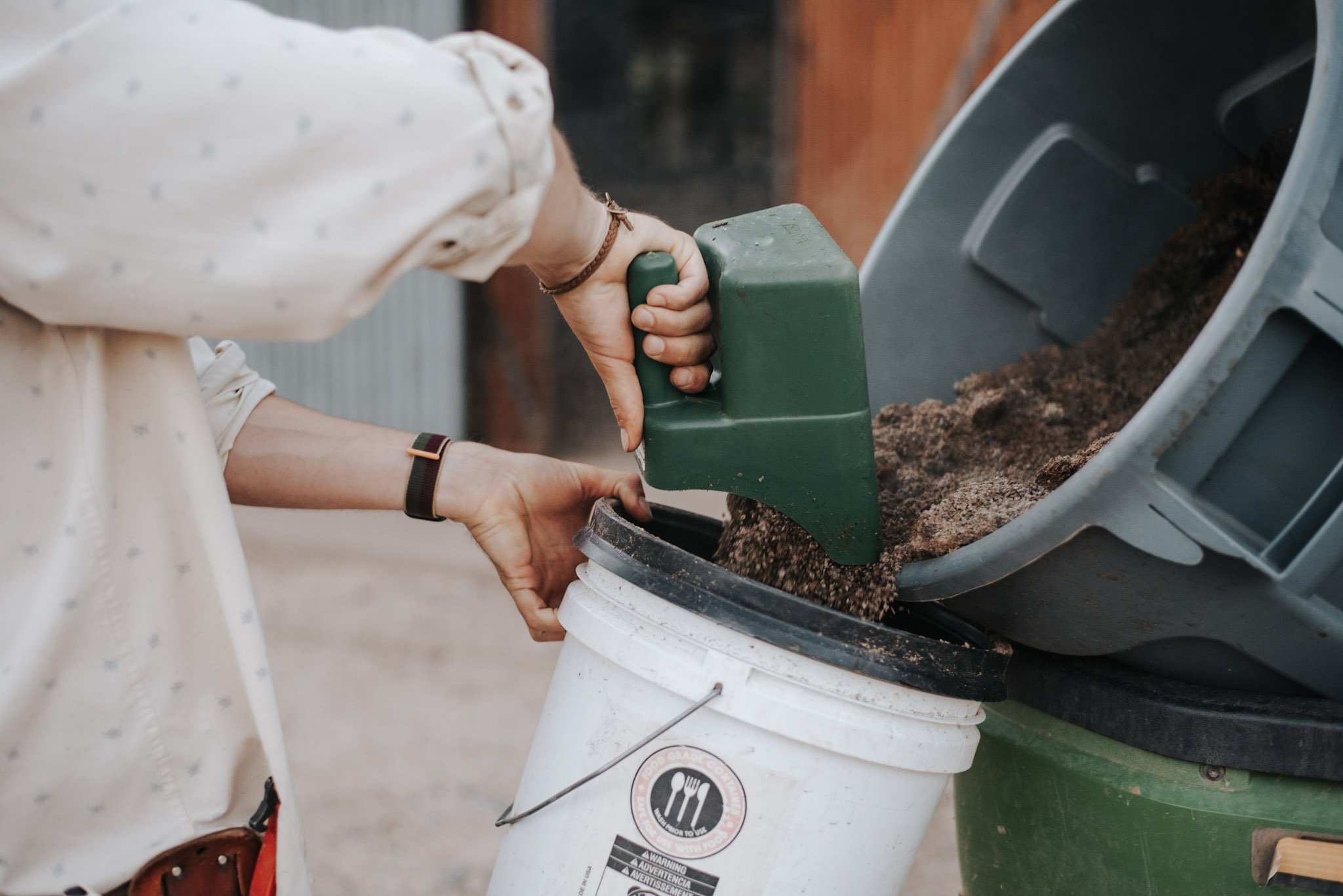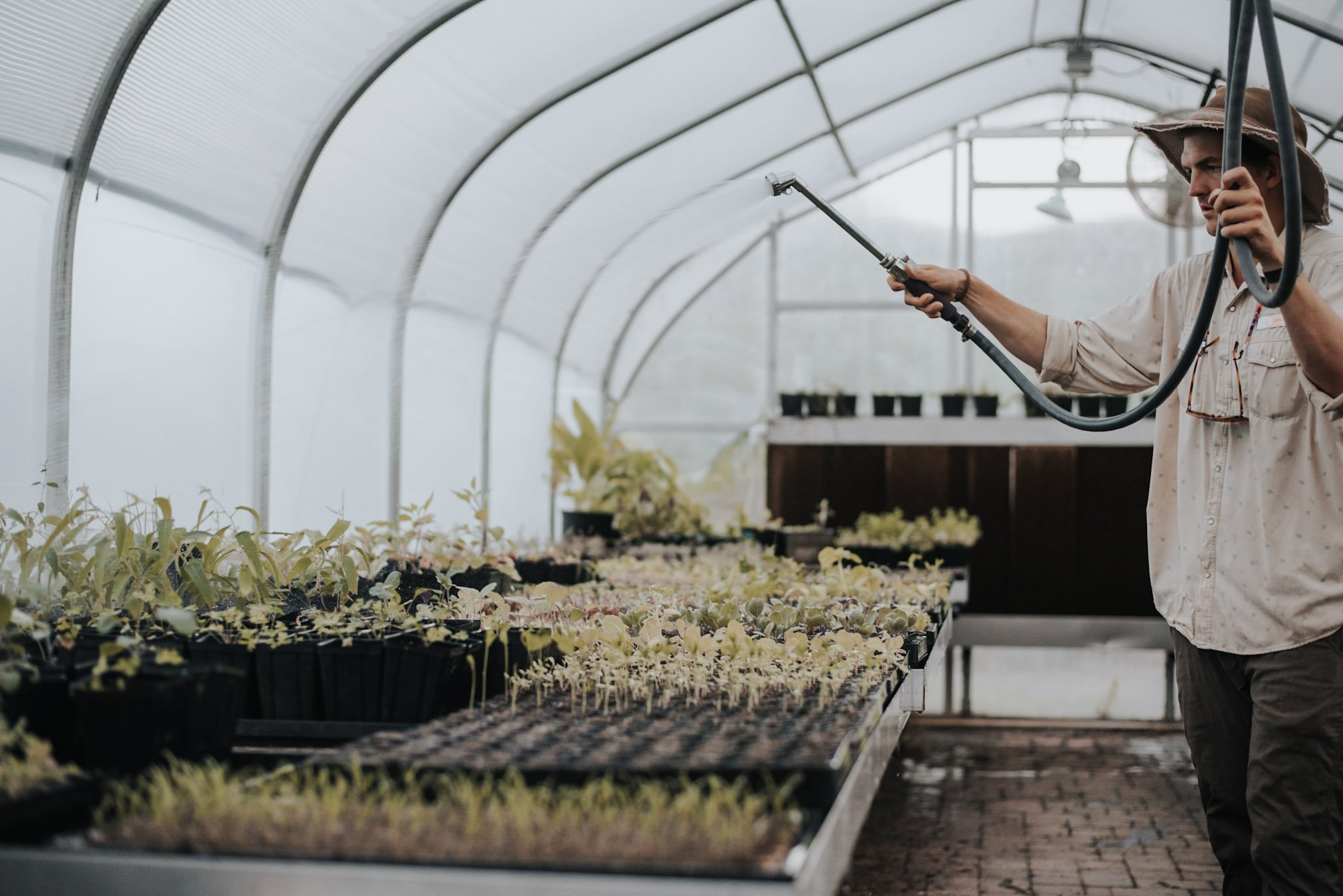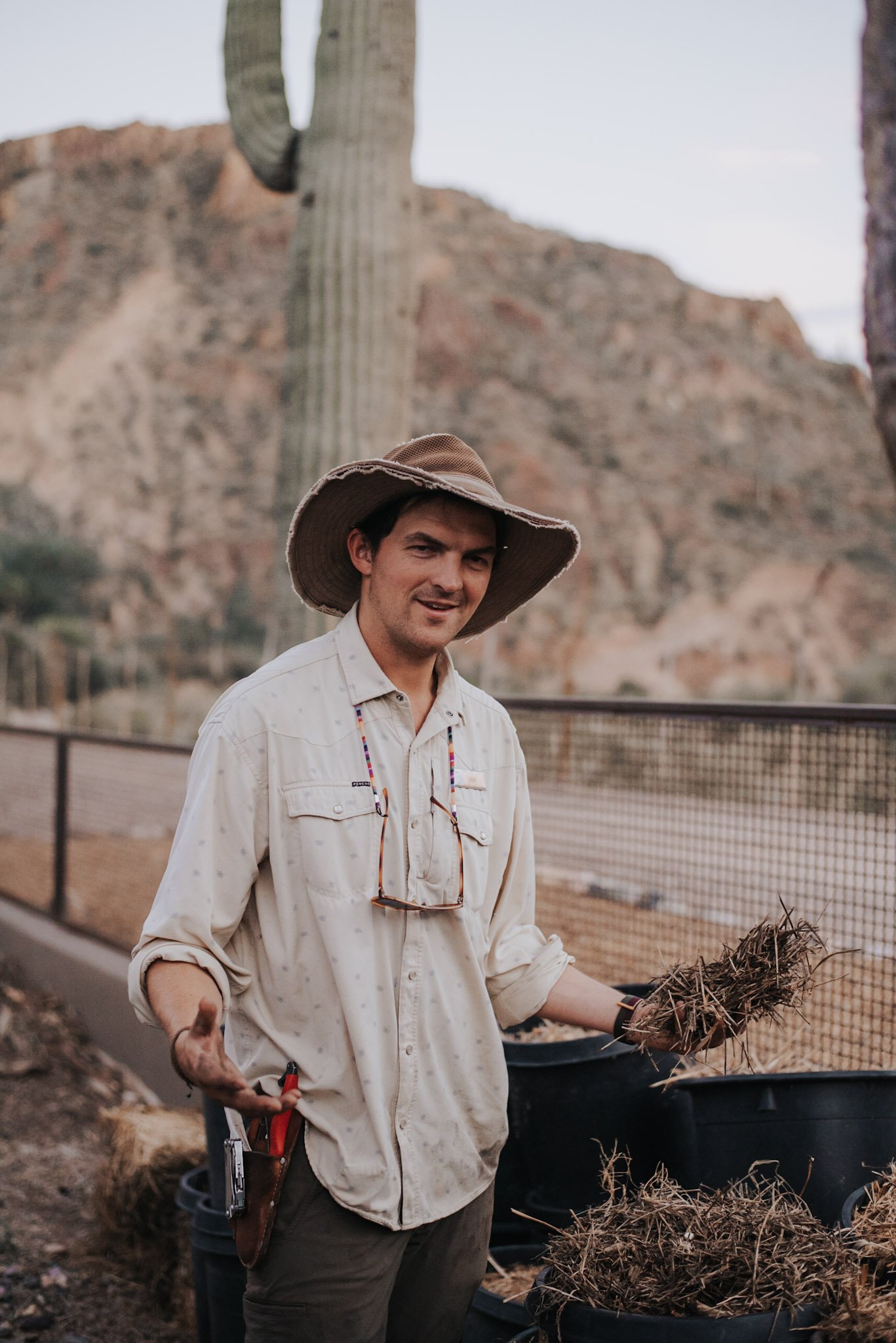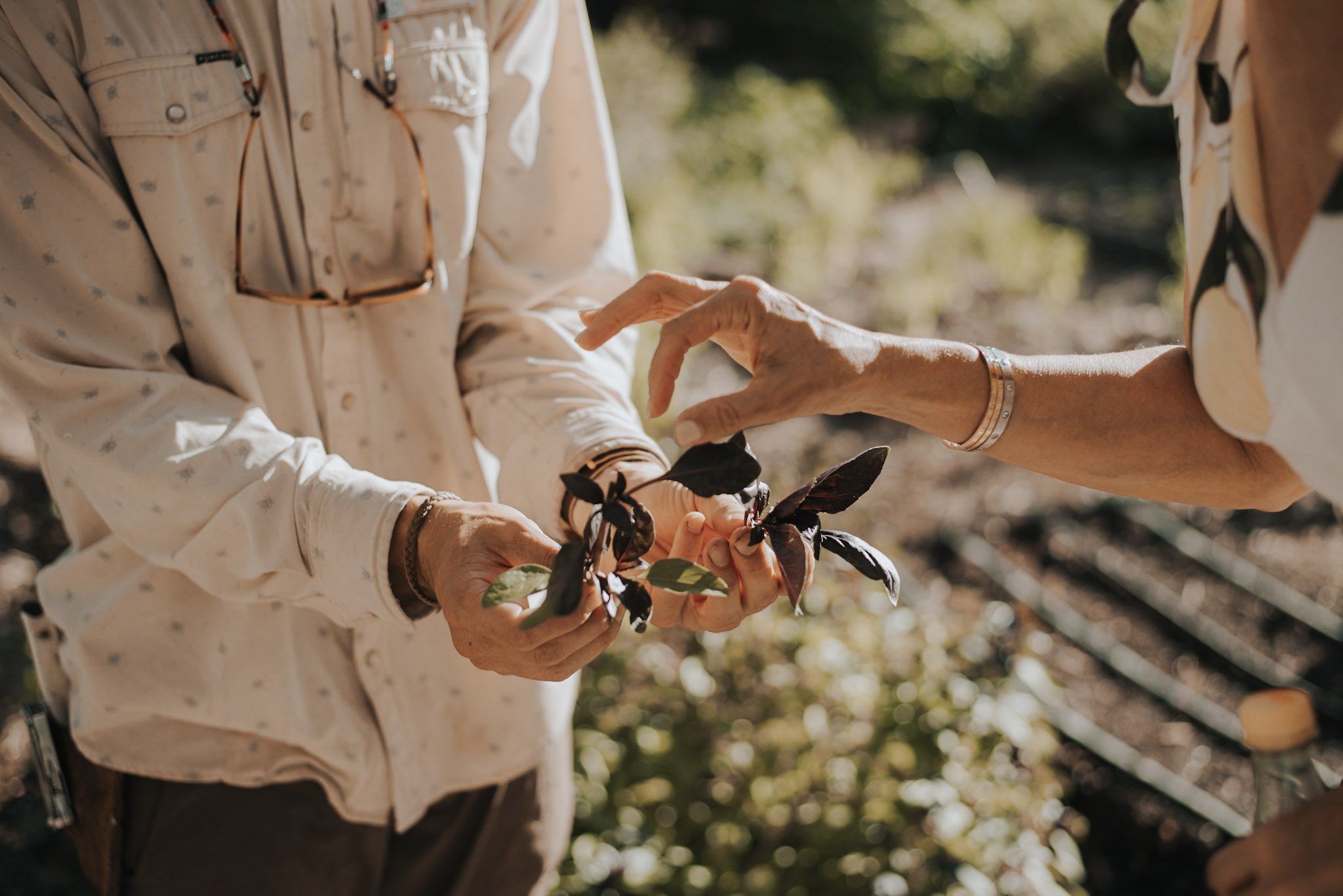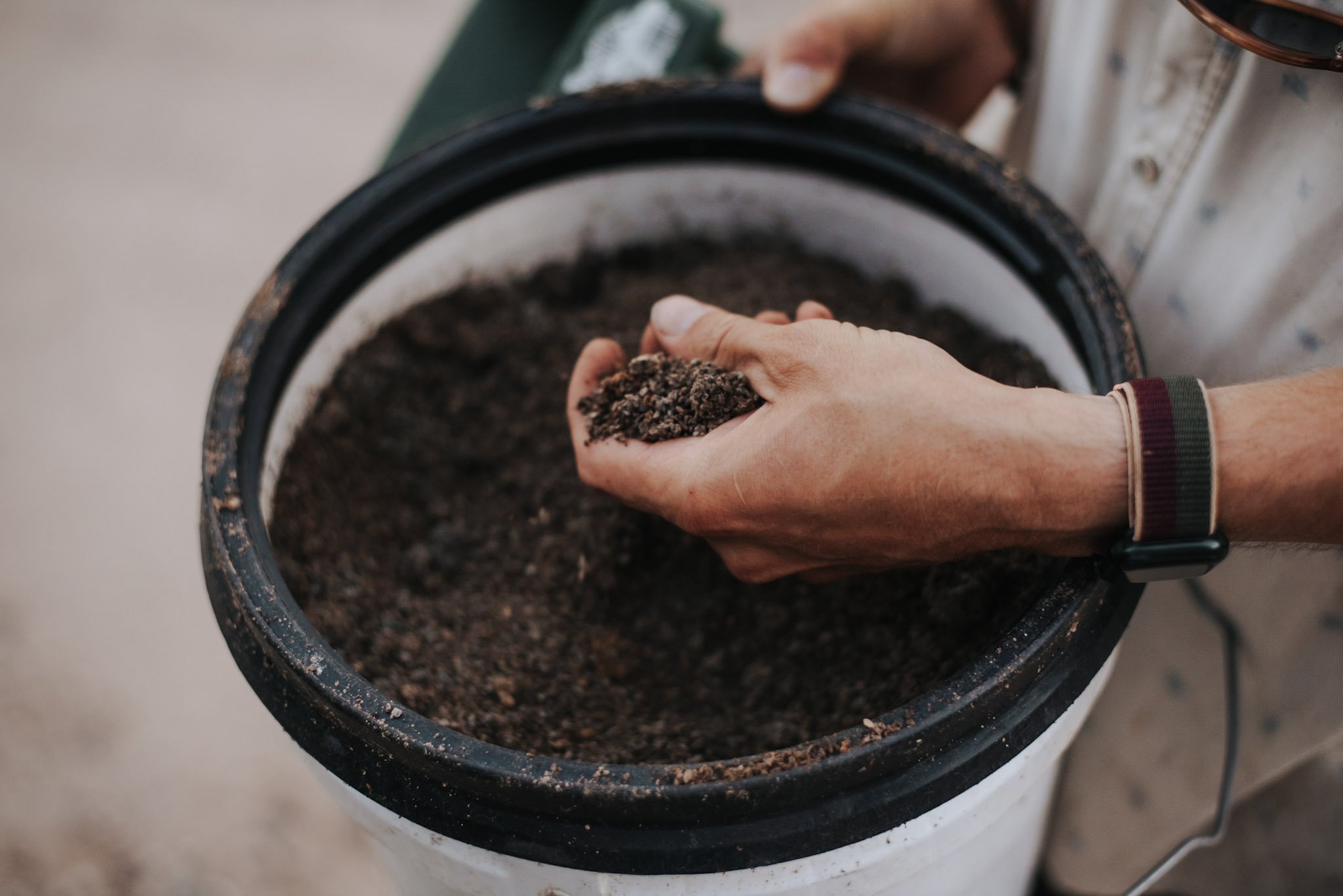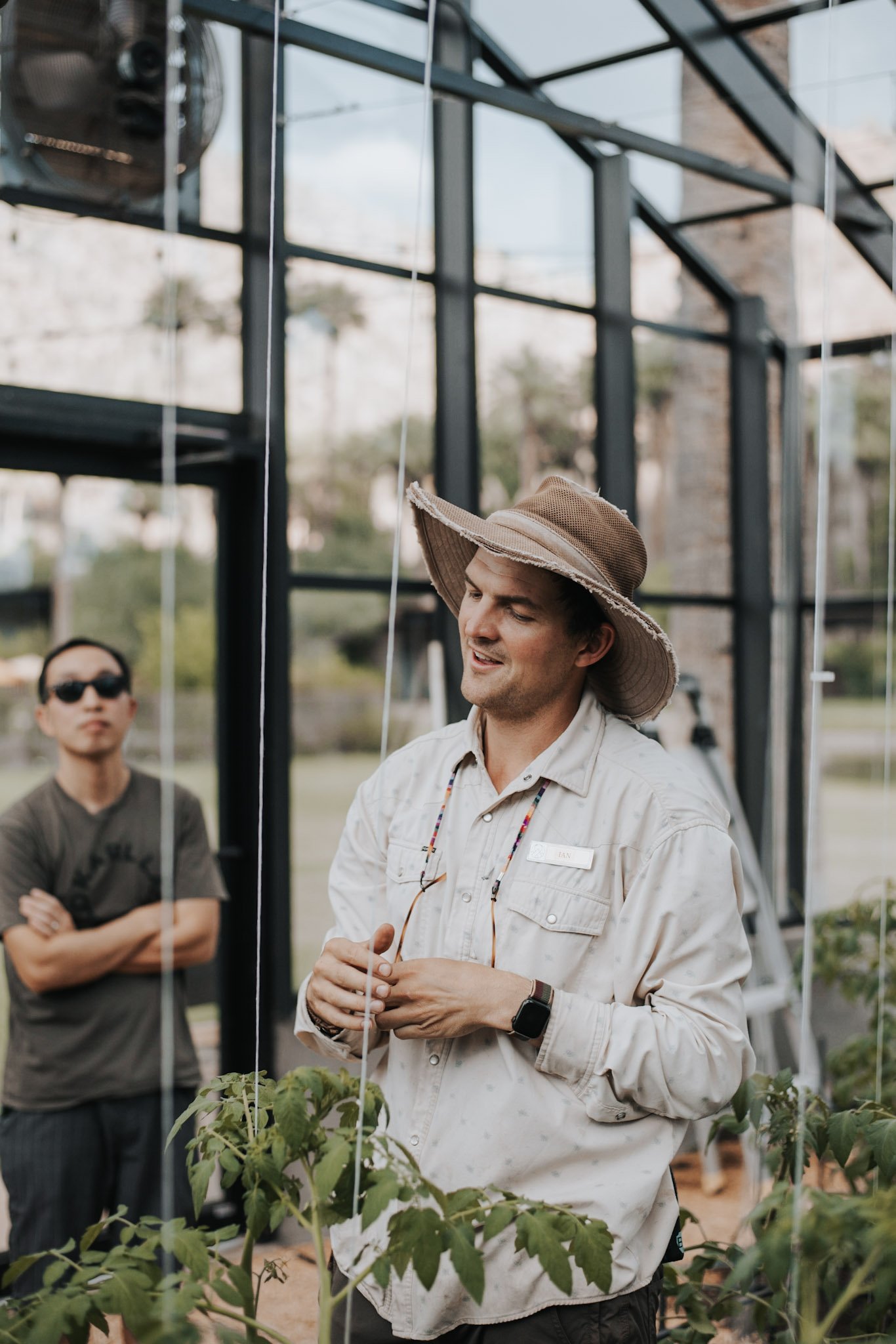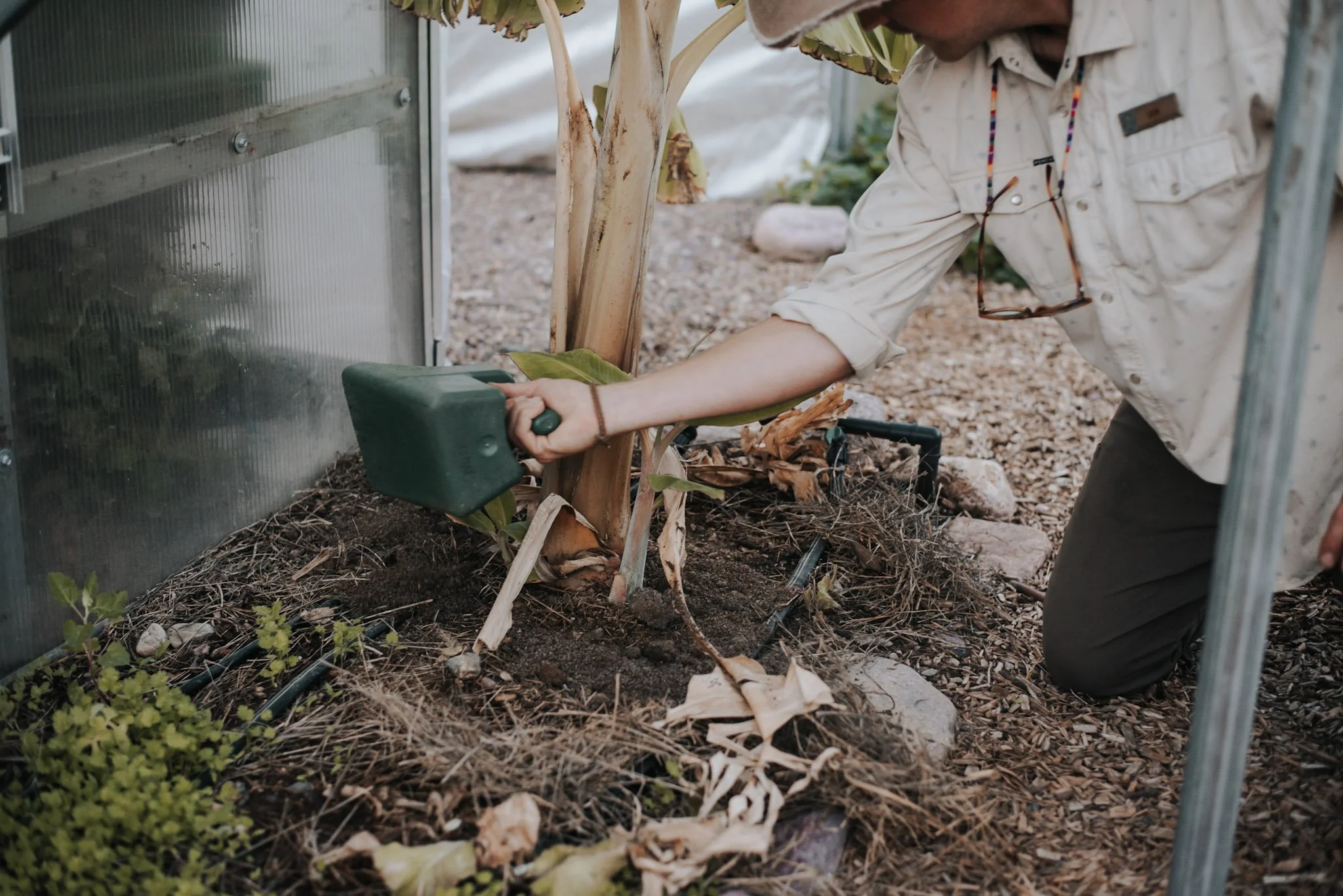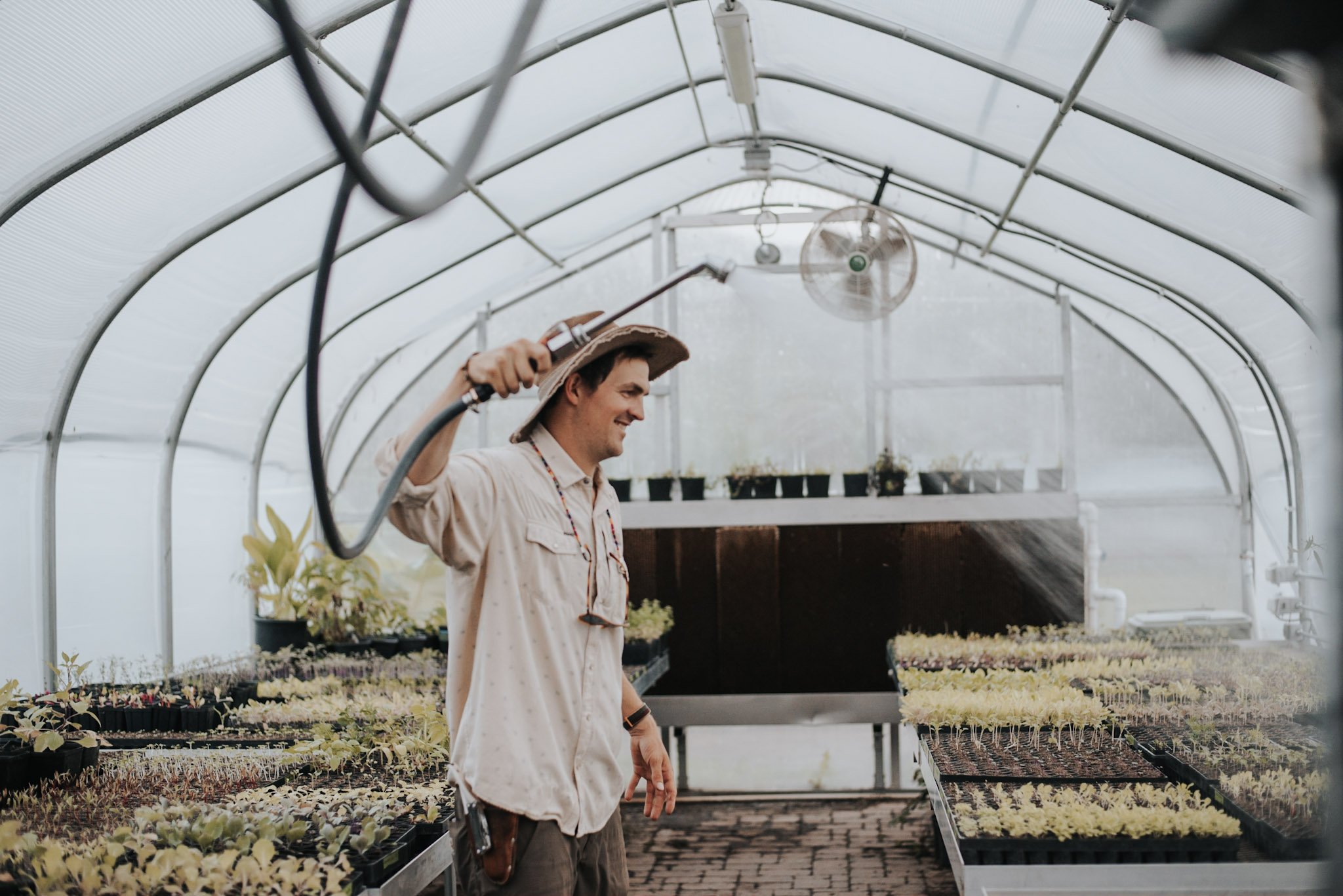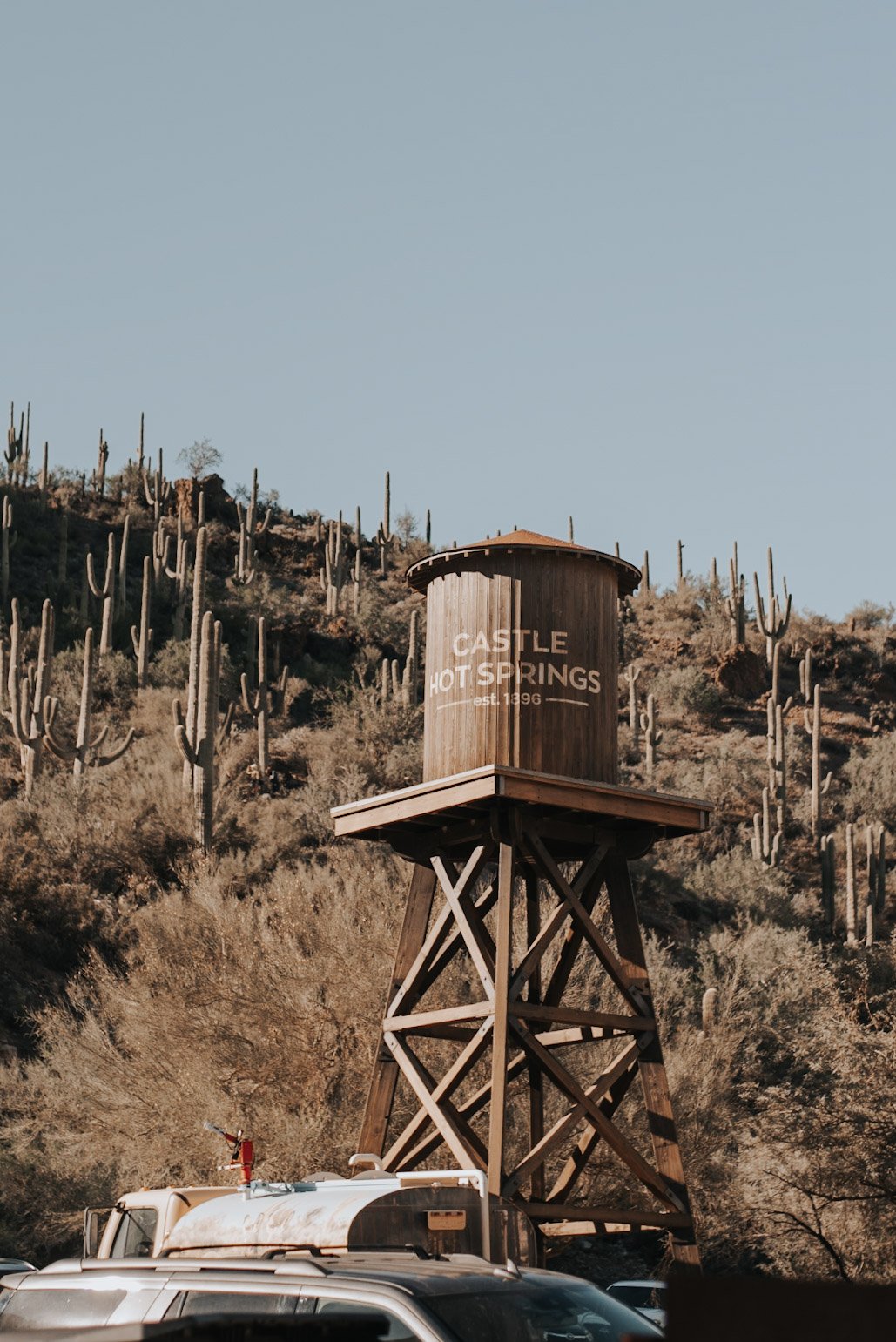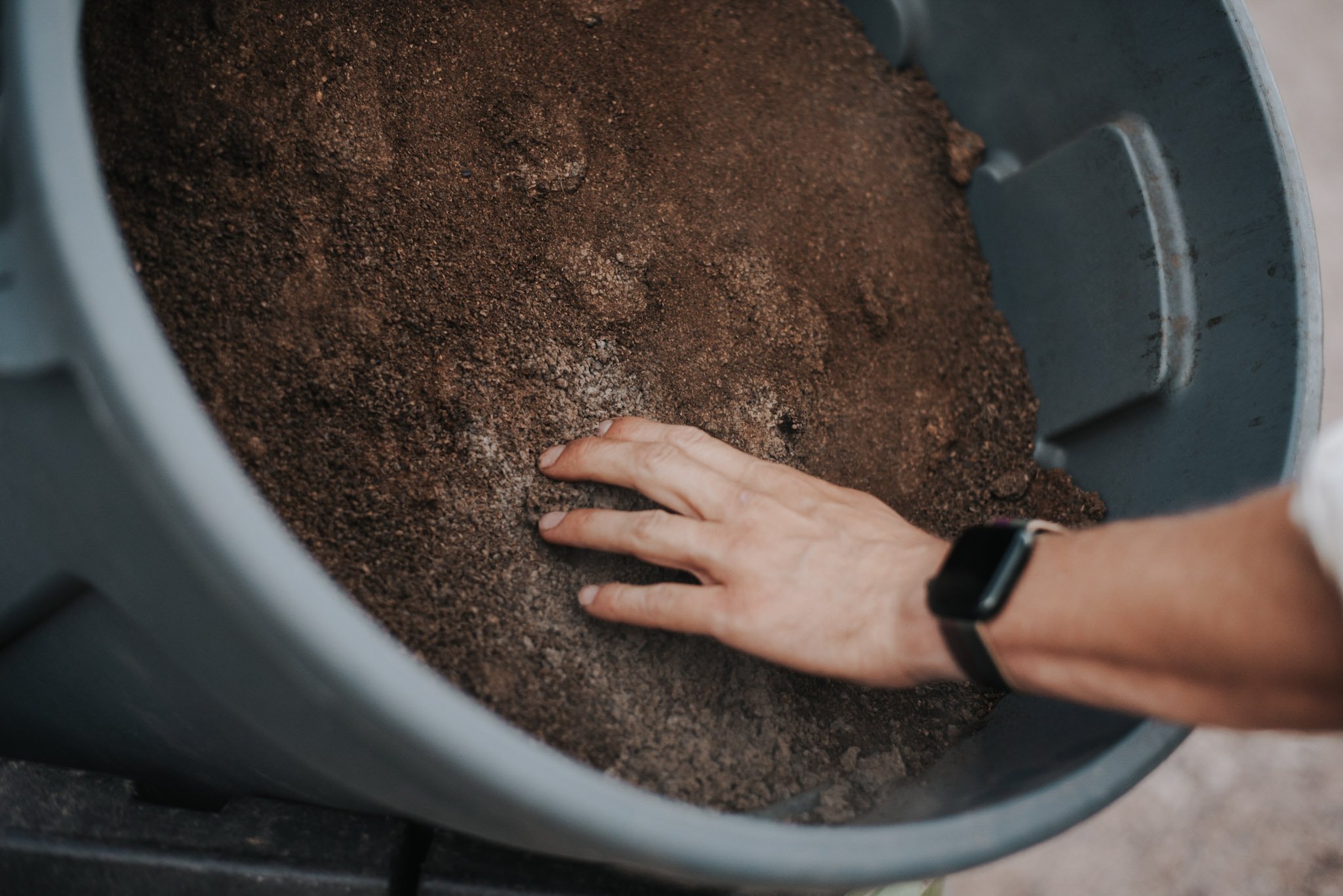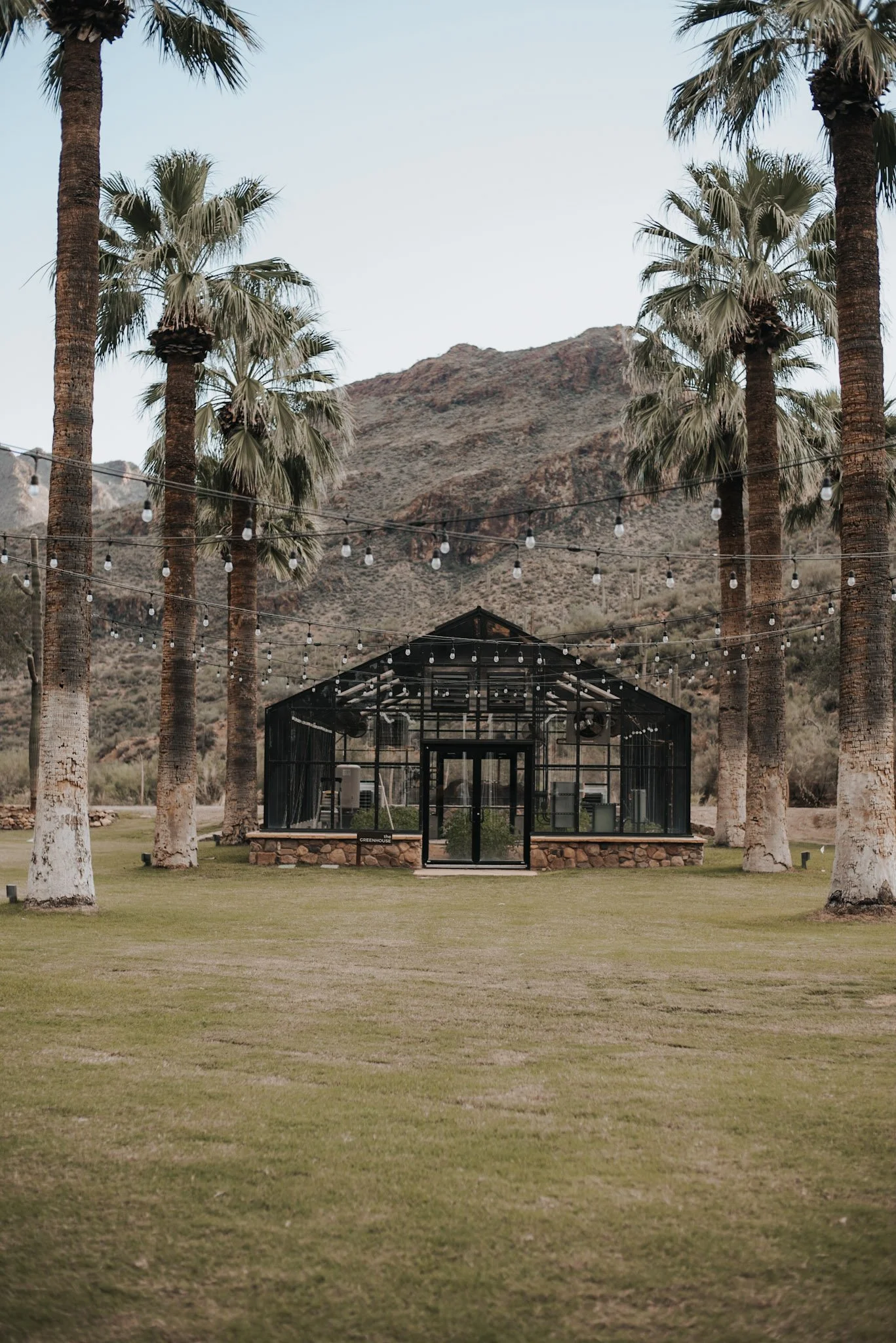Compost Convos: How does one start composting?
Coffee grounds make amazing compost. We partner with Castle Hot Springs and the Garfield Neighborhood Garden to put our cold brew coffee grounds to use and to add valuable nutrients back into the soil.
Sam: We already spoke about the benefits of coffee in your garden and in your compost. How does coffee contribute to your compost?
Ian: Bro - we already spoke about this. Coffee has a lot of nitrogen, it attracts and feeds earthworms, loosens the soil and retains water. Coffee grounds are also acidic which helps balance our alkaline soils we have here in the desert southwest. Most importantly, it’s an easy way to reduce landfill and get you out into the garden.
Sam: What are the environmental benefits of home composting?
Ian: Organic waste in landfills generates, methane, a potent greenhouse gas. By composting wasted food and other organics, methane emissions are significantly reduced. By composting you are making something usable / benifical and awesome out of what would end up in a toxic waste land fill.
Sam: What are key habits you see in people who are good composters?
Ian: 1) Having the right Carbon (browns) to Nitrogen (greens) ratio it should be about 3 parts brow to one part green. 2) have an outlet for the finished compost product. Once its ready use it on your garden, under your trees. 3) Have fun. Compost is cool.
Sam: What do you recommend for folks who live in apartments or places without backyard/shared garden space?
Ian: There are sometimes compost programs for apartments. I have heard good things about the bokashi composting system that is an anaerobic system and appartment friendly.
Sam: What equipment do you think is good for a home composter?
Ian: I recommend some sort of bin or tumbler with wood chips or some kind of carbon source you can put in every time you add kitchen scraps. Size it accordingly to how much food scraps you produce.



